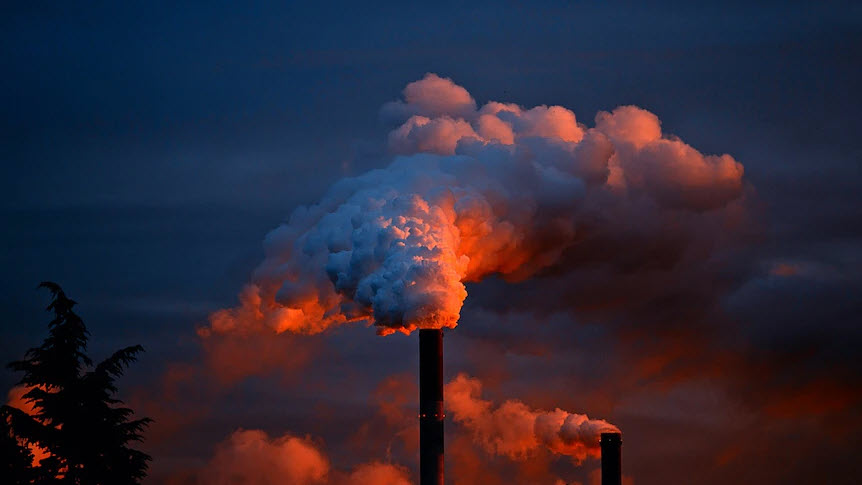This month, Australia’s third-biggest power provider EnergyAustralia revealed it had plunged to a $1.6 billion loss for the first six months of this year.
Key points:
- Australia’s biggest power provider AGL on Friday reported a 58 per cent drop in benchmark full-year profit
- The fall follows similar slumps for the electricity and gas retailer businesses of Origin Energy and EnergyAustralia
- Experts say the energy crisis spells more pain for power utilities but more windfall gains for fossil fuel exporters
The result came as something of a shock to the average punter grown used to the idea that sky-high wholesale power prices would be a boon for electricity giants.
Then came this week, when the big two in Australia – Origin Energy and AGL – reported slumping profits in their electricity businesses.
Tim Buckley, the founder of research firm Climate Energy Finance, said the results could be boiled down to a fairly simple explanation – rocketing coal and gas prices were a blessing for exporters and a curse for everyone else.
“Consumers are getting screwed whether it’s through gas prices going through the roof or electricity prices doubling, tripling, that sort of stuff,” Mr Buckley said.
“There’s the domestic energy companies that are just getting buffeted by the same unpredictable forces.
“There’s the domestic energy companies that are just getting buffeted by the same unpredictable forces.
“The ones who are making out like bandits are the ones who are the big fossil fuel commodity exporters.”
This week gave the clearest picture yet about the winners and losers from the unprecedented chaos gripping Australia’s energy markets.
Mr Buckley said contrary to expectations, electricity providers were suffering.
Crisis no boon for utilities
Reasons for this, he said, included the increasingly unreliable nature of their coal-fired power plants, whose deteriorating performance was often leaving them short of capacity to supply the market.
He said on top of that, those same electricity companies were exposed to fuel costs for coal and gas, which had been propelled to record highs amid Russia’s invasion of Ukraine.
What’s more, uncertainty over energy policy at a national level for more than a decade had sowed the seeds for underinvestment in the renewable energy that would be needed to replace ageing fossil fuel generation.
Mr Buckley said the upshot was a painful one for the likes of AGL and Origin.
“The providers of integrated utilities are really suffering,” he said.
“And I would put that down to the massive policy chaos we’ve had over the last 10 years.
“If you look at what AGL says, why have their results been smashed?
“They outlined five key factors and all of them are fossil fuel related.”
By contrast to the electricity industry, Mr Buckley said the reporting season had underlined just how profitable fossil fuel exporting had become.
He noted that a roll call of Australia’s biggest commodity players – from oil and gas producer Santos to coal exporter Whitehaven and global mining giant BHP – had booked windfall gains from their fossil fuel operations in the past year.
Consumers to bear the brunt
Ironically for Origin, he said the company’s stake in the Australia Pacific LNG business in Queensland had offset the reverses experienced by its electricity business.
“The investors in those companies are effectively getting the windfall profits that we, the consumer, are paying for,” he said.
“But probably unlike any time in Australia’s history, because of the opening up of massive export capacity in coal and, more recently, in east coast LNG, we have now moved to export price parity in our east coast energy market.

